When you think of advertising, what word or phrase first springs to mind?
Maybe it’s the TV show Mad Men. Or if you’re a business decision-maker, perhaps your mind goes to Google SEO rankings and Facebook ads. These are all valid answers, but we bet the term “shopping bags” didn’t spring to mind.
That’s right—shopping bags! And specifically, the customized ones. While you may have your digital advertising efforts down, many companies are forgetting the power of traditional, subliminal promotion. Eye-catching, colorful custom paper bags with your branding and logo can draw in new customers, boost brand recognition, and even improve your revenue.
The Business Benefits of Custom Shopping Bags
The benefits of custom shopping bags go beyond just marketing and advertising, particularly if you use paper. Recently, renowned luxury department store Harrods announced its plans to replace all of its plastic carrier bags with fully recyclable paper bags by the fall. The paper bags will be 100% recycled and also partly made from recycled materials.
The reason for the change, according to news analysis, is a commitment to sustainability, both from a corporate social responsibility standpoint and due to rising consumer demand. For more and more physical retailers, plastic just isn’t cool anymore. Its impact on the environment is hard to ignore, and as consumers become more aware about the dangers of plastic, they are looking to brands to help them make more eco-friendly choices.
As the below stats from IPSOS show, paper leads the way:
- 93% of consumers agree that paper is sustainable and should be used more as packaging.
- 86% of consumers agree that if they can choose between paper packaging or another material, they choose paper.
- 79% of consumers believe that paper is more pleasant to handle and touch.
Paper shopping bags don’t just look more eco-friendly, either—the science backs it up. A study from the IVL Swedish Environmental Research Institute looked into the greenhouse gas emissions produced by paper and plastic bags. It found that paper bags had a remarkably lower impact on the climate than LDPE (low density polyethylene) bags.
In the US, states are catching on to the downsides of plastic bags. California, Connecticut, Delaware, Hawaii, and Maine, just to name a few, have all brought in bans on single-use plastic shopping bags.
So more customers want paper, states are mandating it, and scientists are recommending it. All in all, it seems that using custom paper bags is a no-brainer. But where to begin? That’s exactly what we’ll help you with below.
Why Should You Use Paper Shopping Bags?
Before we dive into the what and how of a customized paper bag packaging strategy, we first want to nail the why. Being confident that paper grocery bags are right for your business and understanding how they can help you create a lasting impression is essential to making an informed choice. Here are some of the most common reasons why custom paper bags are a business asset:
1. Sustainable
We’ve touched on this above but we’ll say it again: Paper bags are an excellent eco-friendly packaging option. They are made from wood—a raw, renewable resource—and can be recycled. Consumers are also acutely aware that paper bags are better for the environment. This means that by choosing to use paper gift bags, shopping bags, and grocery bags, you’re not only looking after the planet, but you’re also showing your customers that you care, something they will no doubt appreciate!
2. Versatile
As you’ll find out below, paper bags are definitely not one size fits all. Different sizes, shapes, colors, handles—the possibilities are endless. If you want to tell your brand story through custom packaging, then paper is an excellent and inexpensive option.
3. Free Marketing
Have you ever wandered around a shopping mall when a colorful shopping bag caught your eye? Maybe seeing the brand’s bag made you determined to find their store and go inside, or you remembered the name and brand colors. Either way, a well-designed paper shopping bag can boost brand affinity and lead to new customers. Plus, because paper bags are reusable, your customers may take them out again and again. Meaning, hundreds of people could learn about your brand, thanks to just a few bags!
4. Cost-Effective
Facebook ads that point to relevant product pages on your website, SEO (search engine optimization), and Instagram influencer marketing can put a big dent on your marketing budgets in an instant. While these have a role to play in modern advertising strategies, we can’t forget the power of the in-person shopping experience. Personalized paper shopping bags are relatively cheap to create via bulk orders and offer limitless marketing potential.
5. Tell Your Brand’s Story
A paper bag is kind of like a blank canvas. Your team gets to decide what to put on it: the story you want to tell, the colors, the fine details. These bags offer a chance to unleash your creativity and make your company memorable to everyone who uses and sees your branded paper bags.
Custom Printed Paper Bags: The Basics
At this point, we hope you feel excited about the potential of harnessing custom paper bags for your retail strategy. As you look for the right printed paper bags for your company, it’s important to remember the basics. Your paper bag needs to be as functional as it is fun. So it needs to:
- Provide enough space to safely carry the volume of purchases by customers. You may need to consider offering different sized bags if your products vary greatly in size
- Be strong enough to hold the weight of goods
- Provide customizable options that enable you to convey your brand’s story and values
- Ideally, support environmental efforts and be in line with your company’s sustainability commitments
8 Types of Paper Bags
So now it’s time to jump into the eight most common types of paper bags out there. There’s no such thing as a wrong or a right bag. The type of bag you choose will depend on the kind of products you sell, as well as the customer you’re trying to appeal to.
For example, some of the bags below are better for small items, while others are better for adding a touch of luxury to the in-store experience. Remember, too, that all of these bags can be customized so that they are unique to your company.
1. SOS Bag
The SOS bag is the iconic brown bag used for kids’ lunches. You often see it in cartoons—a generic, brown paper with edges that you fold over. The SOS bag can also come with small handles. Typically, it’s used for food and drink items but can also be used for small items like skincare or jewelry. While the bag is known for its natural brown kraft color, it can also be customized and designed in different shades and finishes.
2. Pinch-Bottom Bags
The pinch bottom bag gets its name from the tapered bottom. It’s usually used for bakery goods and other food items. It has an envelope-like opening and is grease-resistant inside, which is why it’s favored by food stalls and coffee houses. It’s also suitable for takeaway bags.
3. Merchandise Bags
Merchandise bags are probably the most common type of paper shopping bag you’ll see out and about. They come in a variety of styles and sizes, making them an excellent vehicle for customization.
4. Euro Tote
The Euro tote is a step up from the SOS bag. This paper bag is heavily associated with luxury. These bags tend to be highly customized, down to the look and feel of the handles. When designed well, Euro totes can be their own form of gift packaging and go a long way to boost brand recognition.
5. Bakery Bags
Bakery bags are designed specifically for the food market. They feature wax linings to preserve food items, making them a great option for muffins, bread, pastries, and more.
6. Mailing Bags
Mailing bags get a sneaky mention on this list. Even though they’re more a form of ecommerce packaging, they do have “bag” in the name and are made from paper, too. Mailing bags are padded mailers. They’re great for shipping small items to customers who have purchased online. For a deep dive into padded mailers and other e-commerce options, check out this article about ecommerce packaging.
7. Recycled Bags
While all paper bags are recyclable, not all paper bags are recycled. By this, we mean that not all paper bags are made from material that has already been used. However, you can specifically pick at least partially recycled paper bags. Doing this is great for the environment and is something you can shout about to your consumers who, as we’ve seen above, appreciate when brands choose paper-based packaging.
8. Vogue Bags
Vogue bags ooze luxury and theater. These bags are more than just a paper bag; they’re an experience. With tissue paper, freebies, handwritten cards, and more to be usually found inside, these designer paper bags are a great way to make your clients feel like a million bucks.
Common Types of Handles
Paper bags are about more than just the bags themselves; the handles play a huge role, too. There are a variety of customizable options, ranging in price and look and feel. Take a look at some of the most frequently used options below.
1. Ribbon
Ribbons are pretty, glossy, and add a touch of luxury to paper bags. They are also easily customizable. They can come in almost any color and suit most of the bag types mentioned above. Ribbons are quite durable but would not be appropriate for really heavy items, as they may snap.
2. Cotton
Cotton has a similar look and feel to ribbon. It also portrays a sense of luxury, finesse, and is easily customizable. The main difference between cotton and ribbon is cotton’s durability. Cotton is a dense, strong material, meaning it can carry heavier products than ribbon.
3. Twisted Paper
Twisted paper handles are a cheap and cheerful option. While they aren’t as premium as cotton or ribbon, they are cost-effective and also very strong. They can endure a heavy weight and are extremely easy and quick to produce for manufacturers.
4. Folded Paper
Folded paper is another cost-effective option. These handles are made from a piece of paper, making them great for lightweight purchases and small bags. However, be warned, folded paper bags tear easily if the weight of the bag gets too heavy. These handles also tend to disintegrate in heavy rain.
Let’s Get Bespoke!
Once you’ve chosen the type of paper bag you want and the coordinating handle, it’s time to think about customization. This stage is an opportunity to let your creativity shine and turn your visions into reality. No idea is too bold or whacky. Custom paper gift bags are a blank canvas that’s perfect for your art!
In terms of cost, it’s important to note that the size of your bags directly correlates with the price. Depending on what kind of products you sell, you may want to order a few different sizes of bags. Similarly, the cost is strongly dictated by the amount of bags you order. How many stores you have will dictate the number of bags you need. You can choose to buy paper bags wholesale and keep them in warehousing facilities. Alternatively, you may want to put in a repeat request for your customized bags each month.
1. Color Your Bag Beautifully
You can choose any color, or colors, for your bag. Aside from colors, you can add colored features, like stripes, your logos, artwork flowers, and more. You’ll notice that a couple of acronyms pop up again and again when you’re looking at designs: RGB and CMYK. RGB stands for red, green, and blue. These colors are used for images on your computer screen. CMYK stands for cyan, magenta, yellow, and key (Black). If your design contains three or less colors, then RGB will be adequate. But if your design is more complex, then CMYK is the option you should go for.
2. Carefully Choose the Type of Paper
There’s more than one kind of paper that you can use for your bag. Paper varies in strength and thickness. The stronger the paper, the better it is for heavy products. However, if you sell lightweight products like jewelry, small gift items, and other accessories, then you may want a lighter paper option. Here are the main types:
- Kraft paper: Kraft paper is what’s used for SOS bags. It has a natural, eco-friendly feel and is cost-effective. Kraft paper is best used for small to medium-sized items.
- Recycled paper: Recycled paper comes from 100% recycled paper, making it a great choice for eco-conscious brands. Recycled paper is also very versatile and varies in thickness, making it suitable for all types of products.
- Art paper: Art paper is derived from wood pulp. As the name suggests, art paper is ideal for creating designs because it has a smooth texture. Like recycled paper, art paper comes in varying thicknesses. Art paper also varies in terms of textures.
3. To Laminate or Not to Laminate?
Lamination is a process where a thick layer of plastic is applied to your paper bags, giving them an enhanced finish and improving durability. There are different types of lamination finishes, which we’ve put in the handy table below:
| Lamination | Gloss | Matte | Satin | Metallic |
| Finish | Glossy, luxurious finish | Elegant, understated finish | Velvet, textured finish | Luminous, bright finish |
| Price | $$ | $$ | $$$ | $$ |
| Durability | Dirt, dust and fingerprint-resistant | More prone to scuffing – should not be used on dark colored bags | Most scuff-resistant option | Dirt, dust and fingerprint resistant |
4. Finishing Touches
The outside of your bag is now looking beautiful, but what about the inside? To truly delight your customers, you want the personalization journey to continue once they open your paper bag, too. Most paper bags are white or brown on the inside. You could, for example, print your brand’s logo or slogan on the inside of the bag to enhance brand visibility. Alternatively, you could use embossing or debossing to add a touch of luxury to the inside of your bag.
Another option is spot UV varnish, which can be used to create glossy, elegant patterns inside your bag. Also, you should consider how you put your logo on your bag. For example, foil stamping is often used to create attention-grabbing, bold statements, a la Urban Decay below. Similarly, embossing and debossing can be used on the outside of the bag for eye-catching designs.
The Future Is Paper
So, that’s it—our ultimate guide to custom paper bags. As you can see, it’s clear that paper has a lot to offer to your retail strategies. Just as cardboard is leading the way in ecommerce, paper is fast proving itself as the go-to option for physical stores. Through design and customization, you can elevate your printed paper bags so that they become a marketing vehicle, one that enhances customer loyalty, boosts revenue, and increases brand awareness.
Here at Refine Packaging, we’re experts in helping brands of all shapes and sizes to create customized packaging strategies that bring an ROI. Whatever your vision is, our experts are on hand to help you turn it into reality, at a price that’s right for your business.
Ready to embark on your custom paper bag strategy?
Refine Packaging is the top choice for the world’s Inc 5000 and Fortune 500 companies. With super fast production times, affordable pricing, and a sky’s the limit attitude, we’ll help you turn your custom packaging into a competitive differentiator. Contact us today and a dedicated packaging specialist will guide you through every step of the custom packaging process without breaking a sweat.
Ready to think outside the box? Let's get started!
Get in touch with a custom packaging specialist now for a free consultation and instant price quote.


.svg)



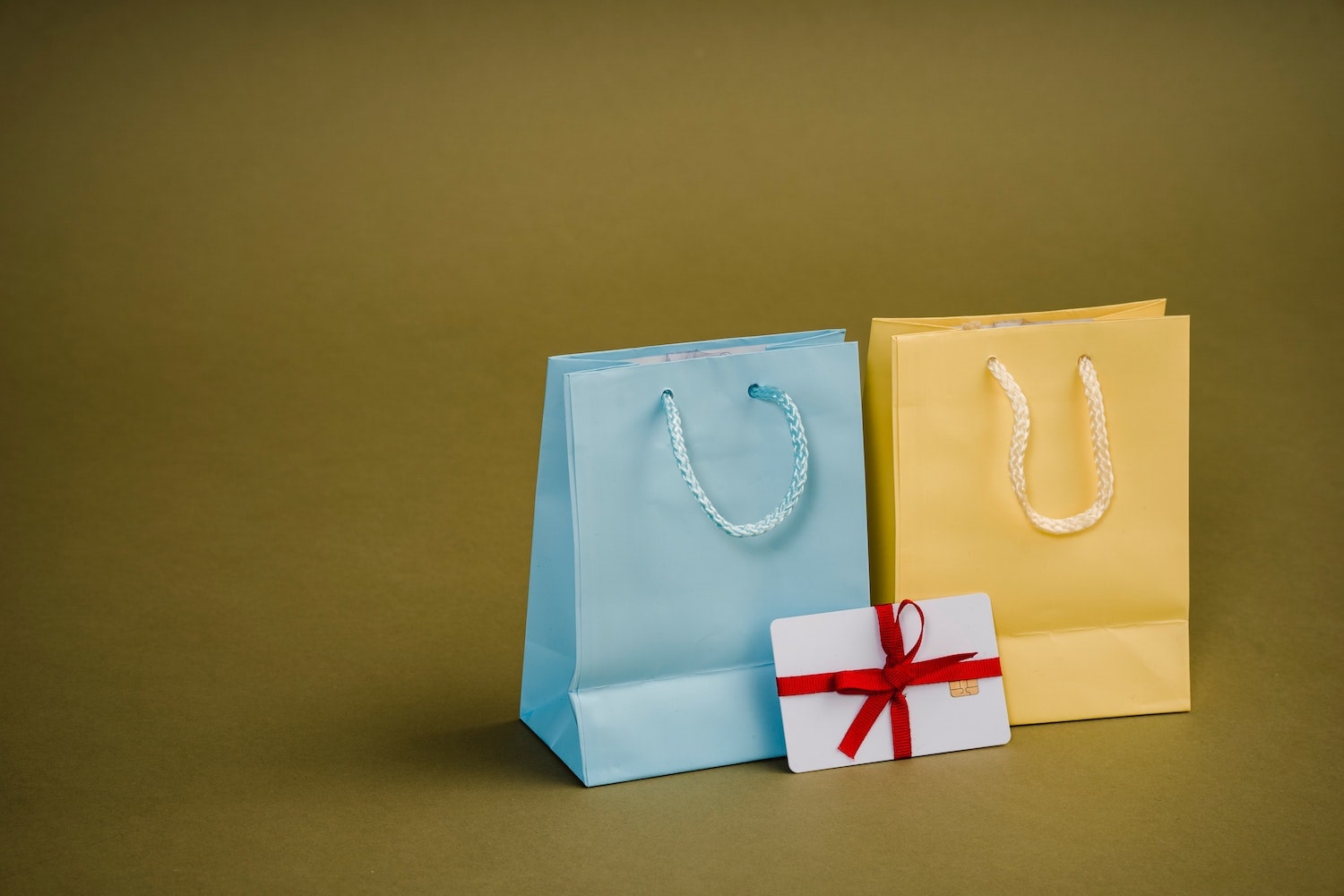
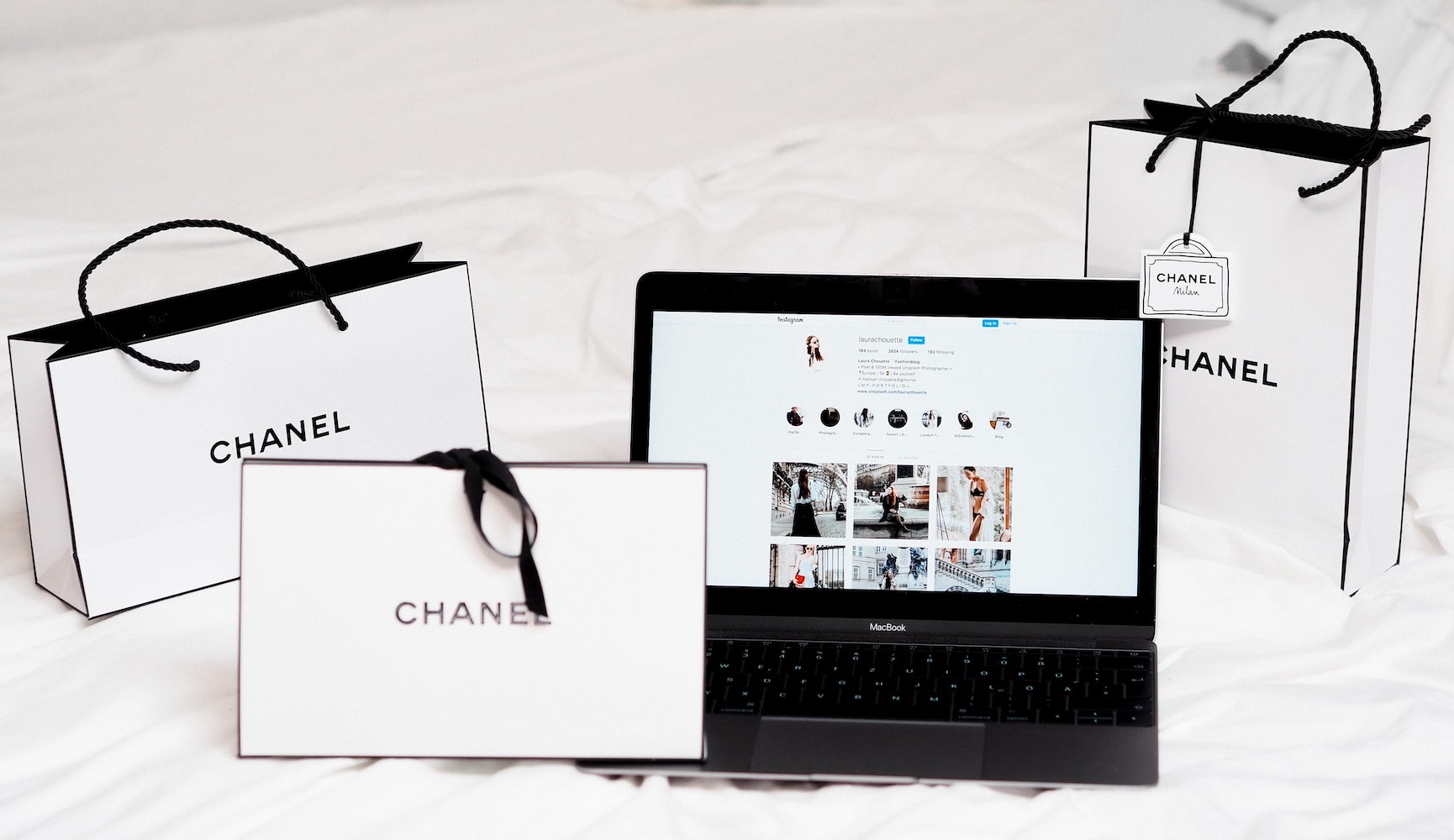
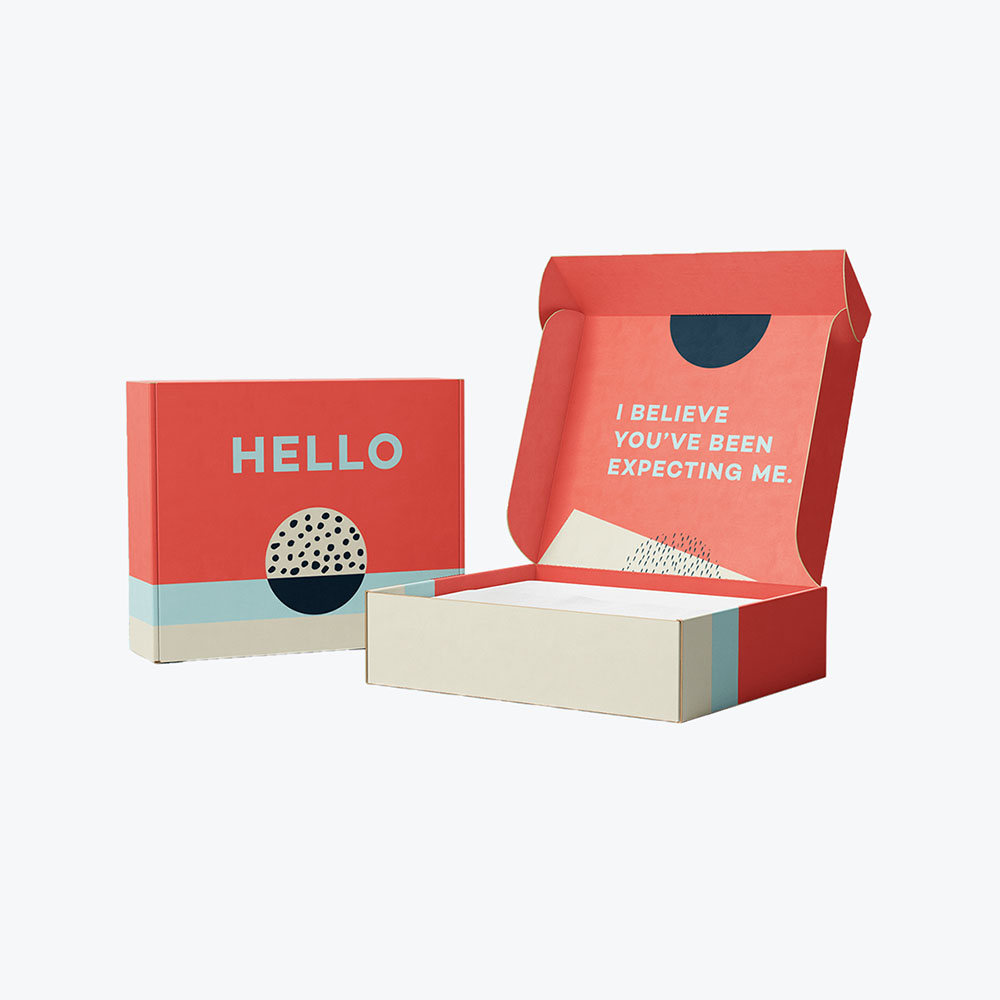
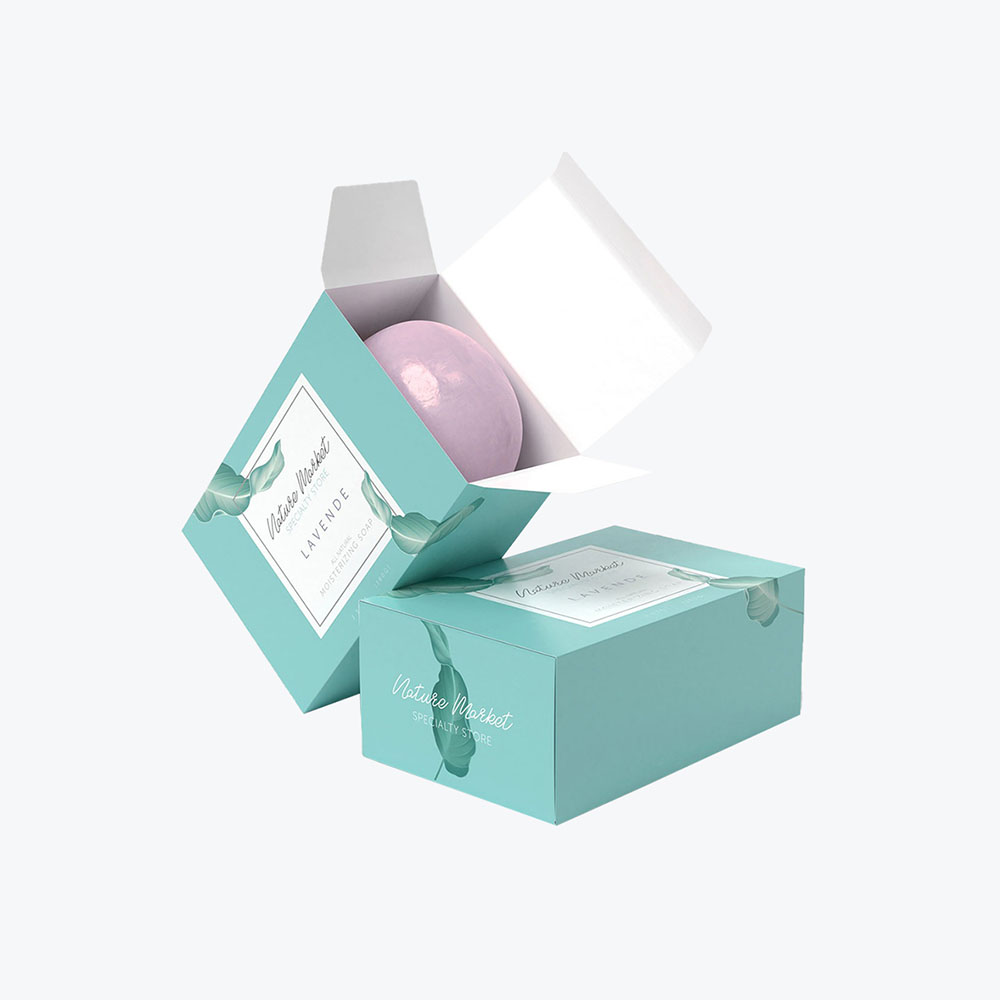
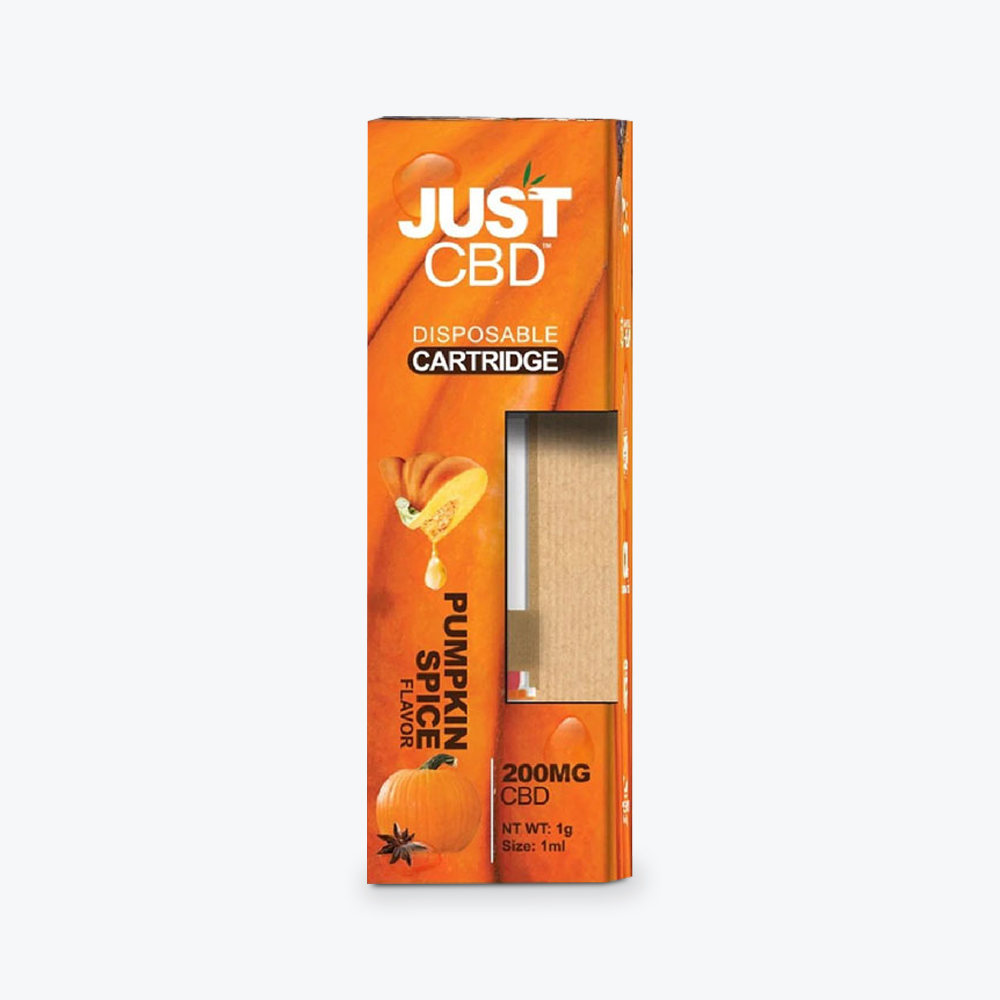
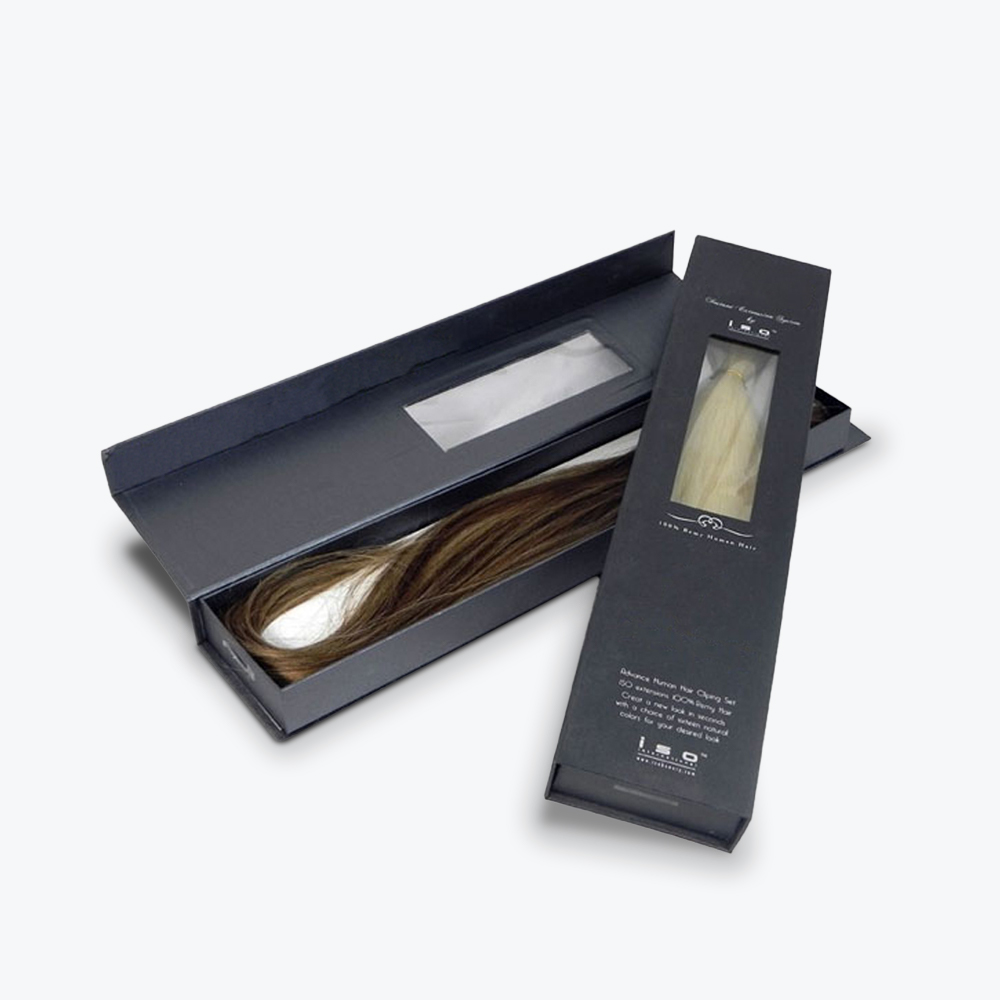
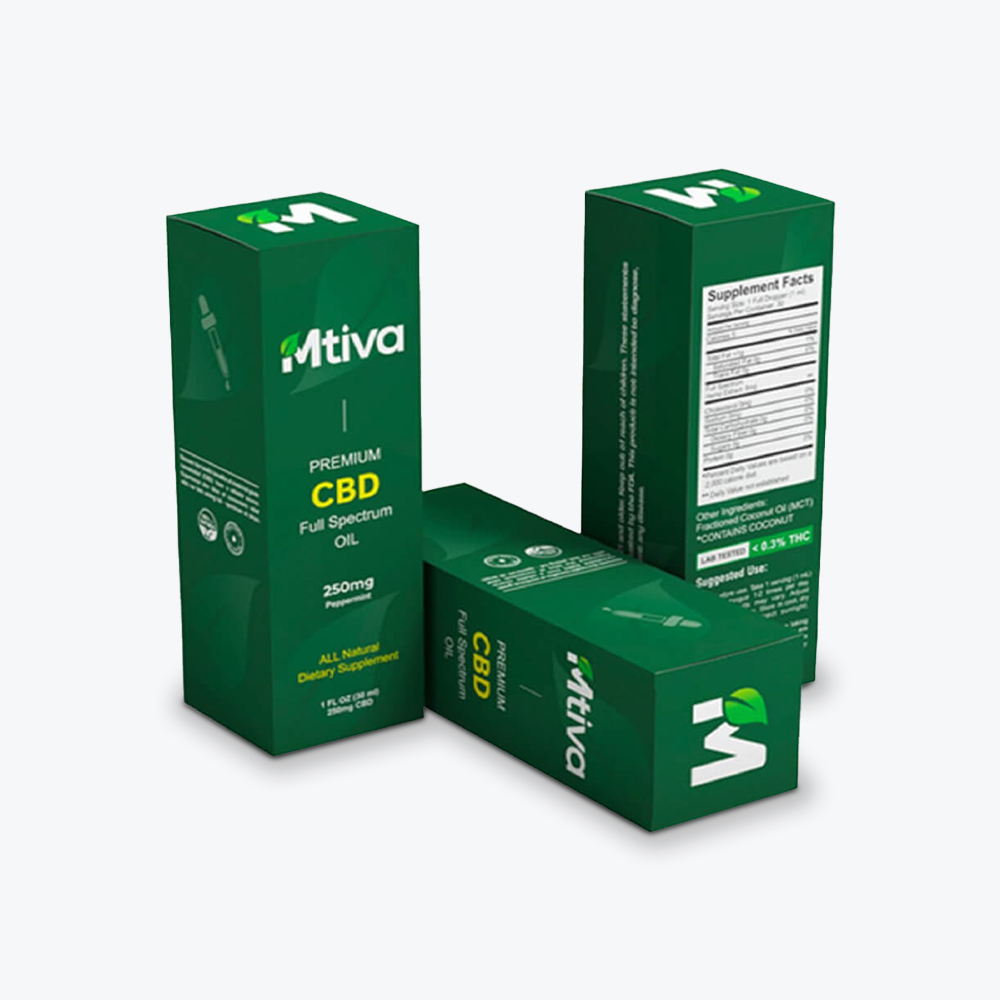
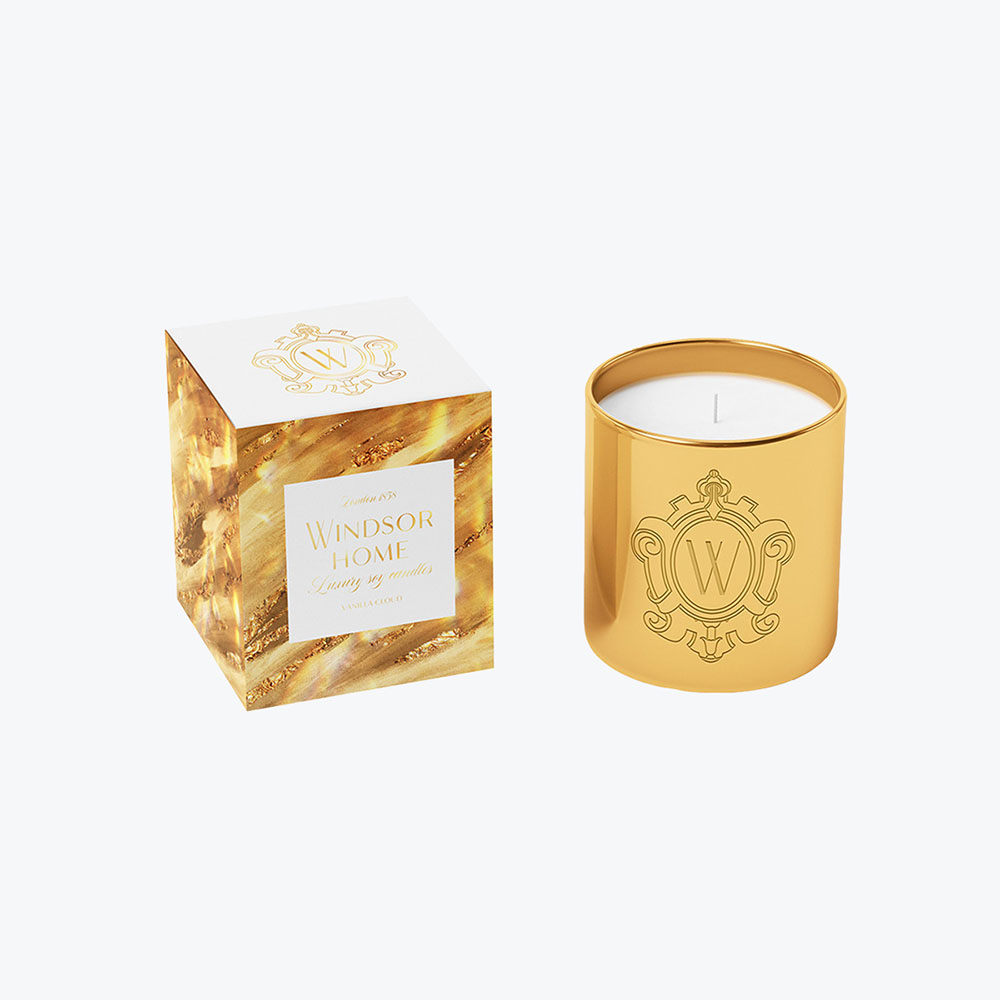
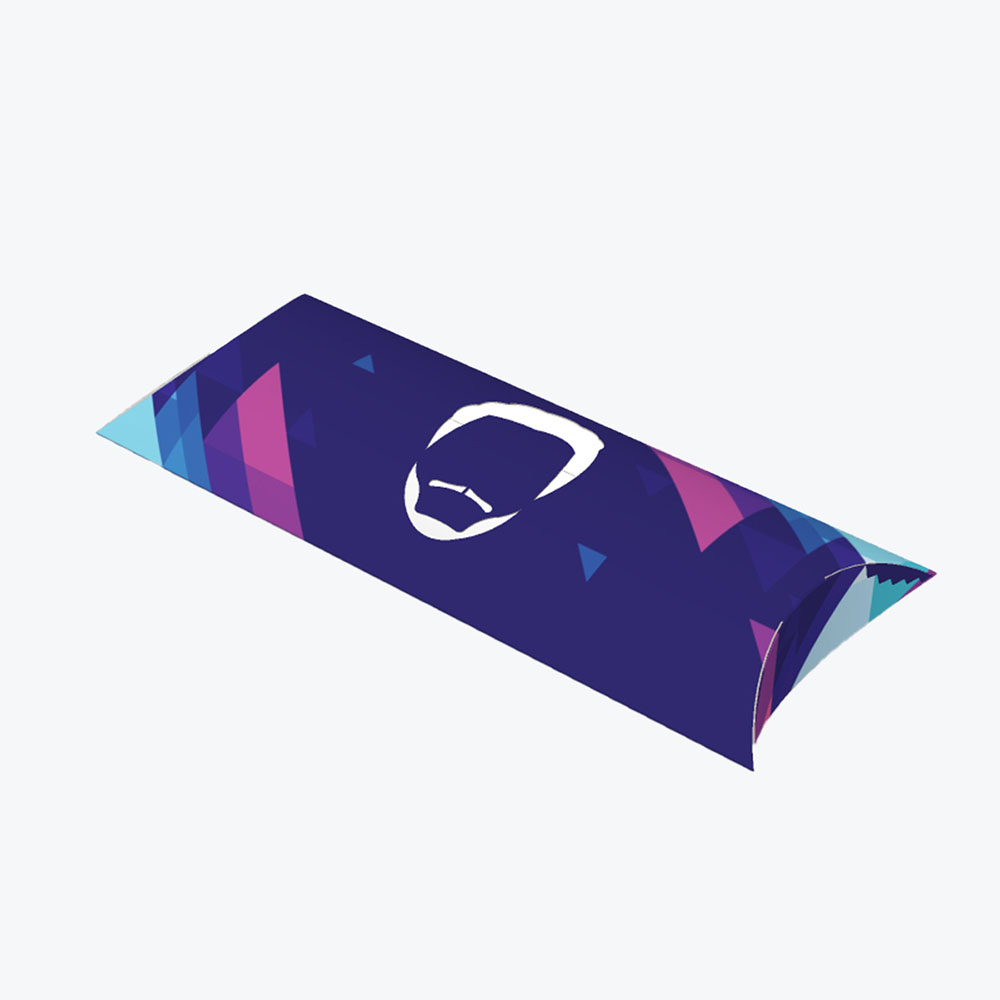
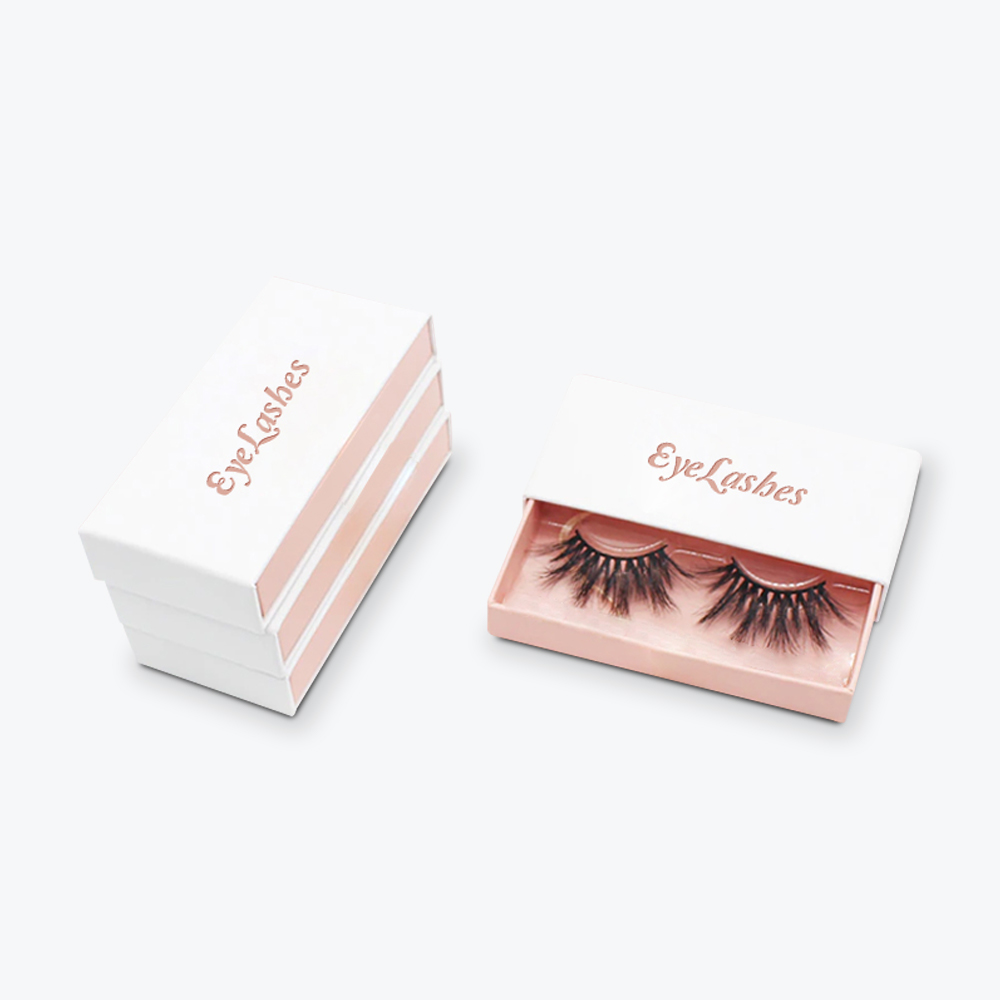

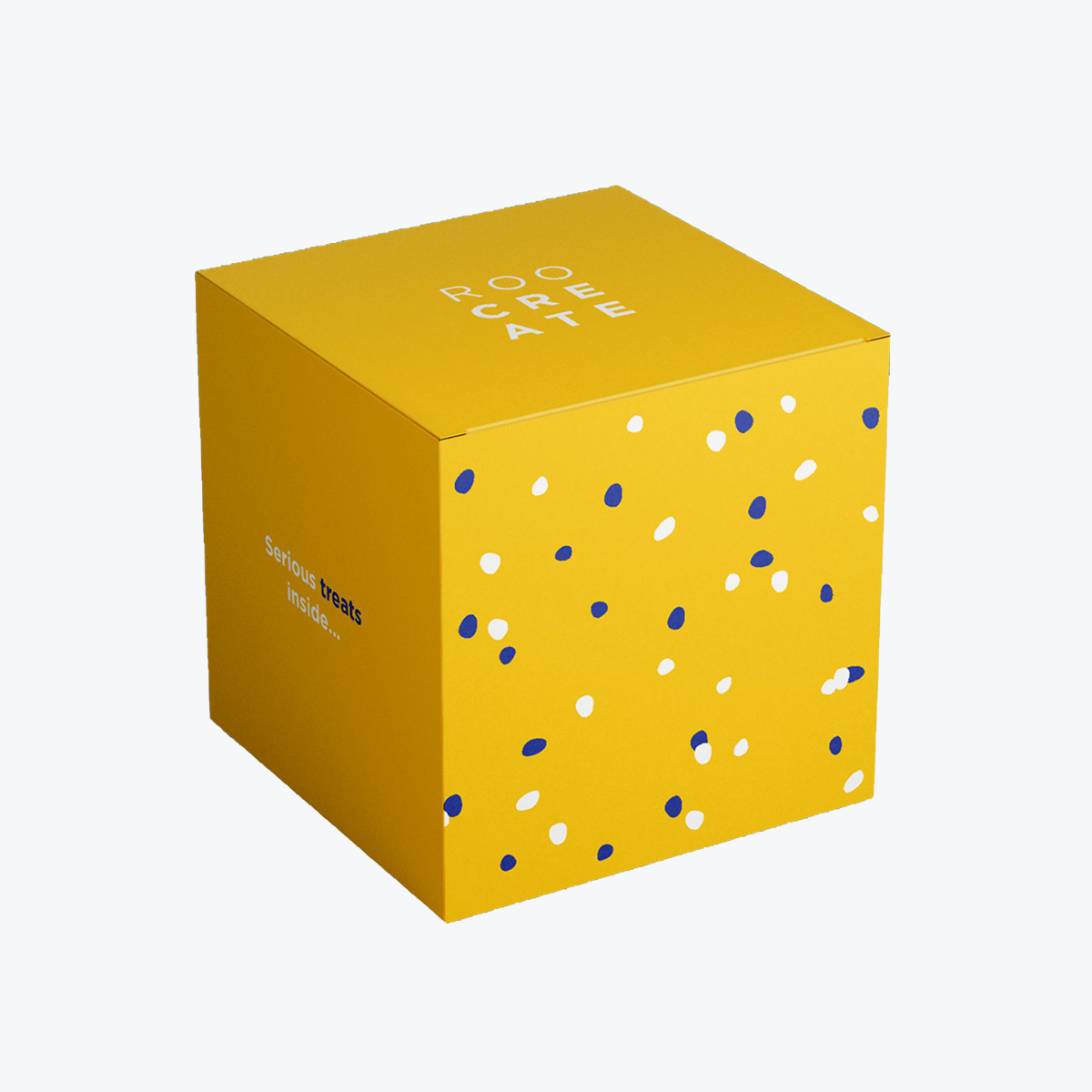
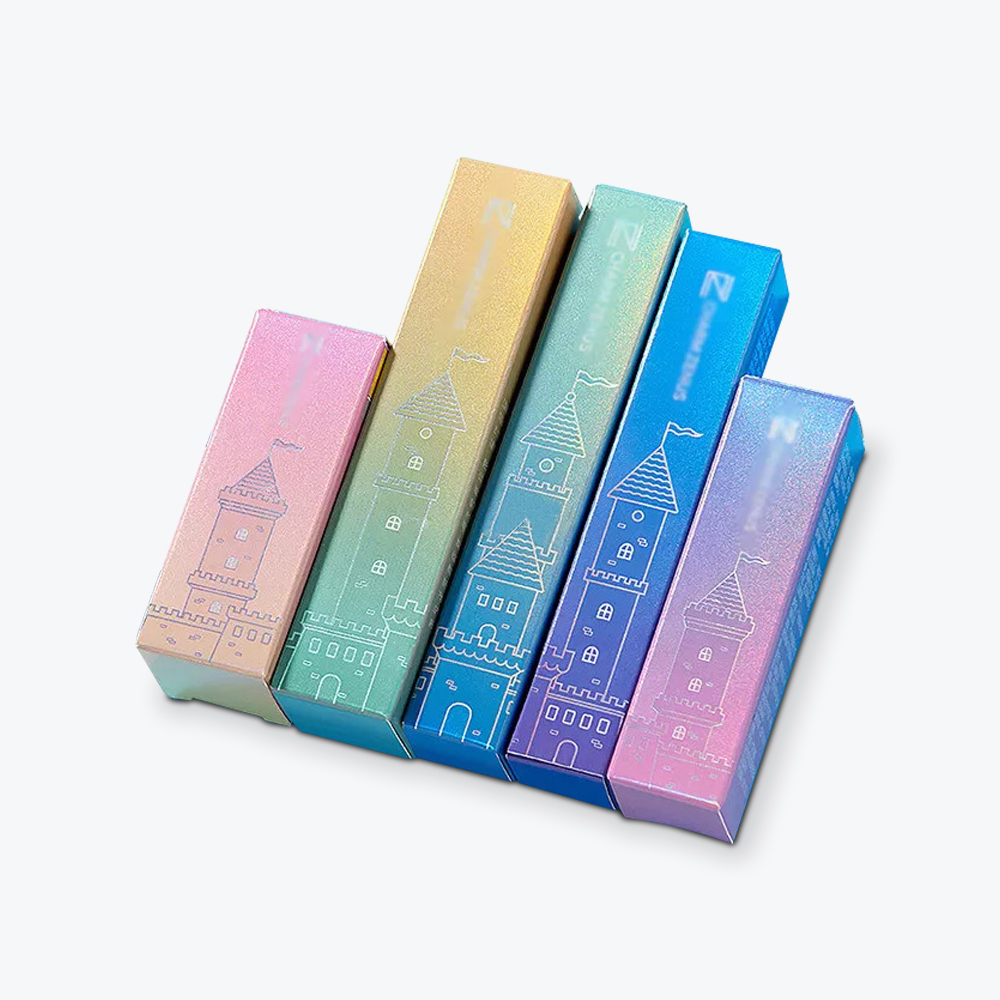
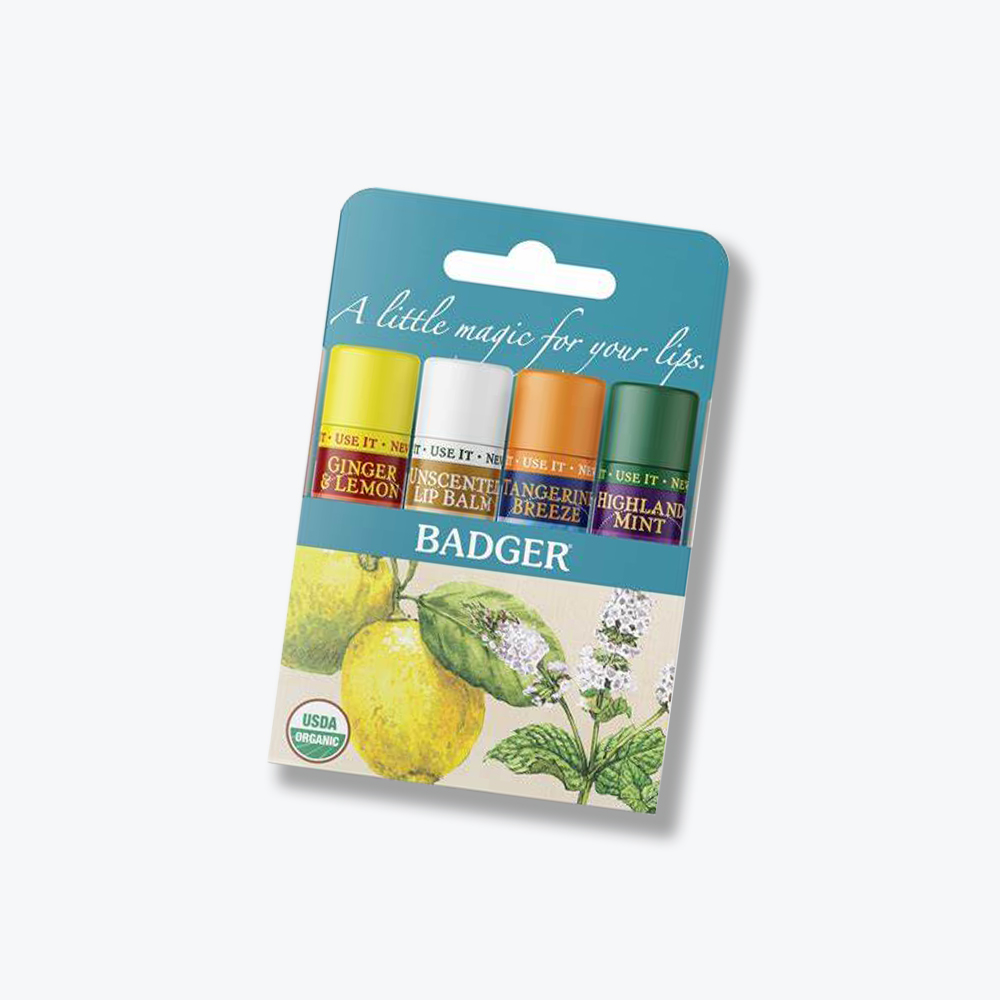
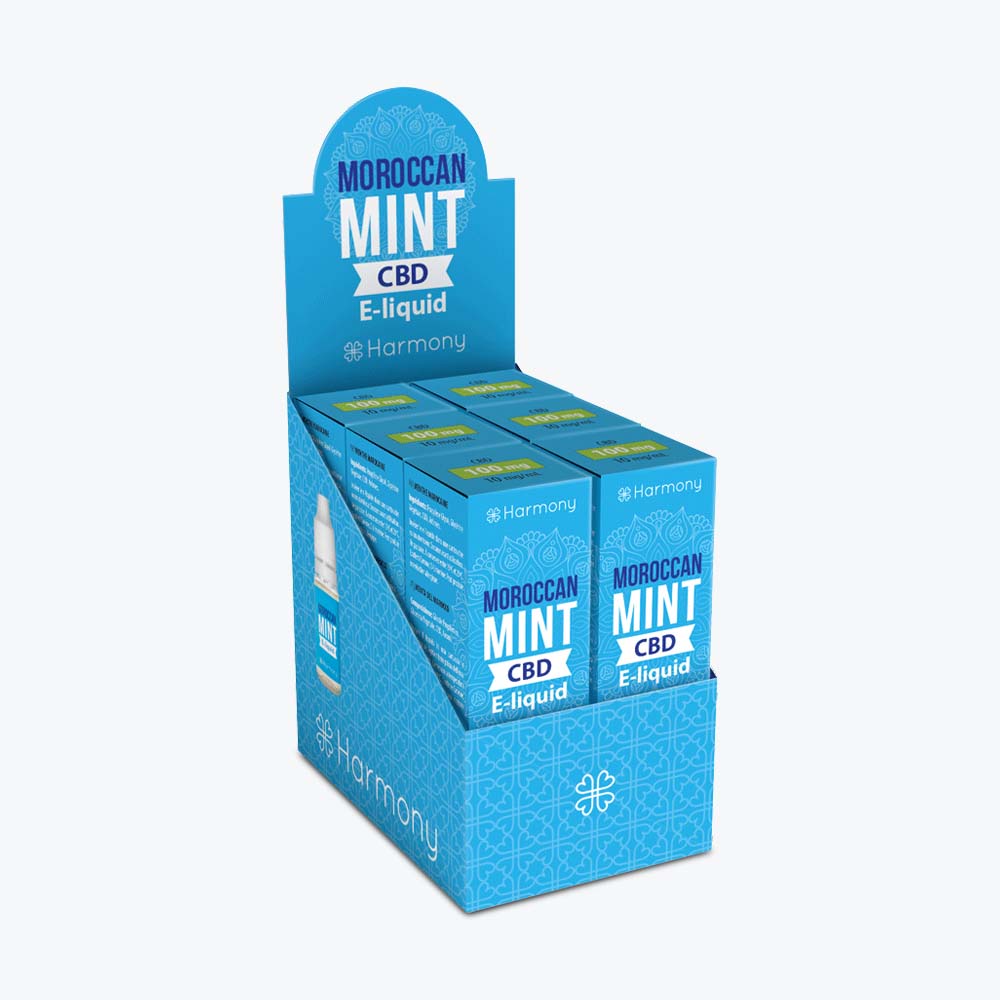
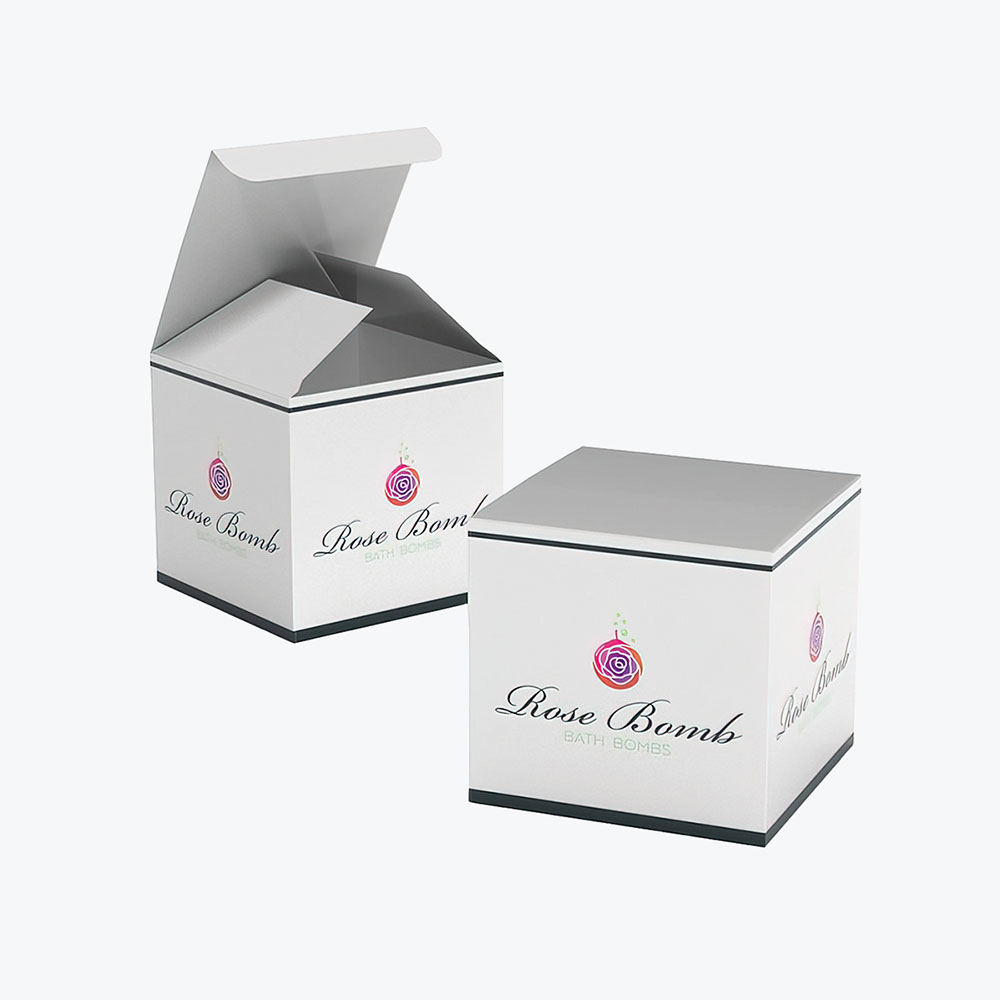
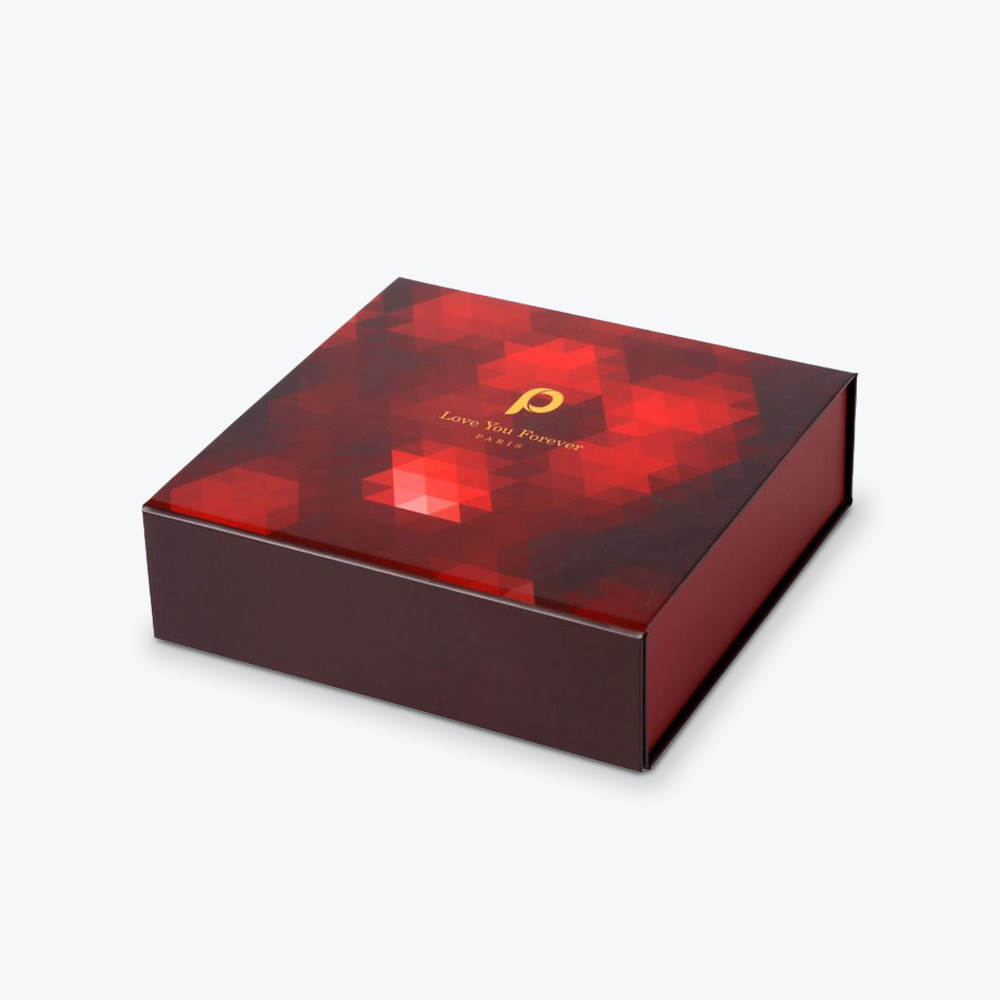
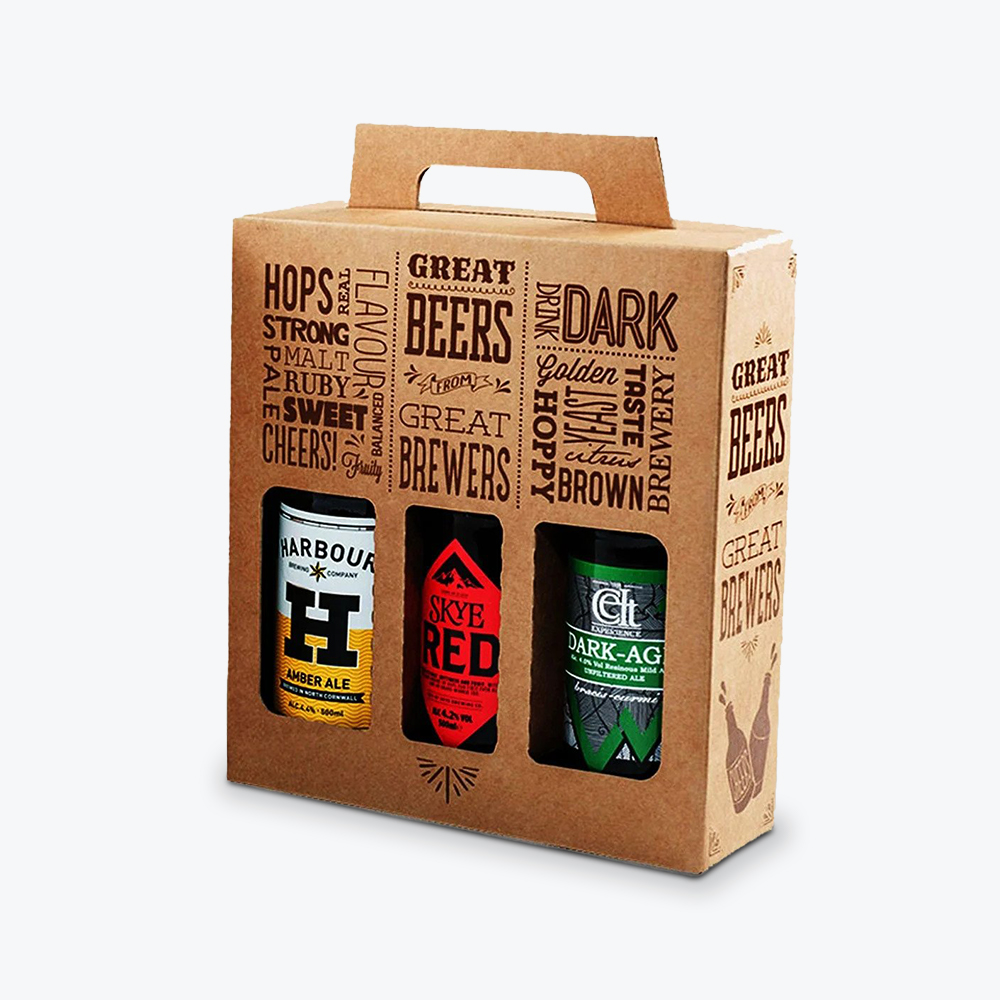
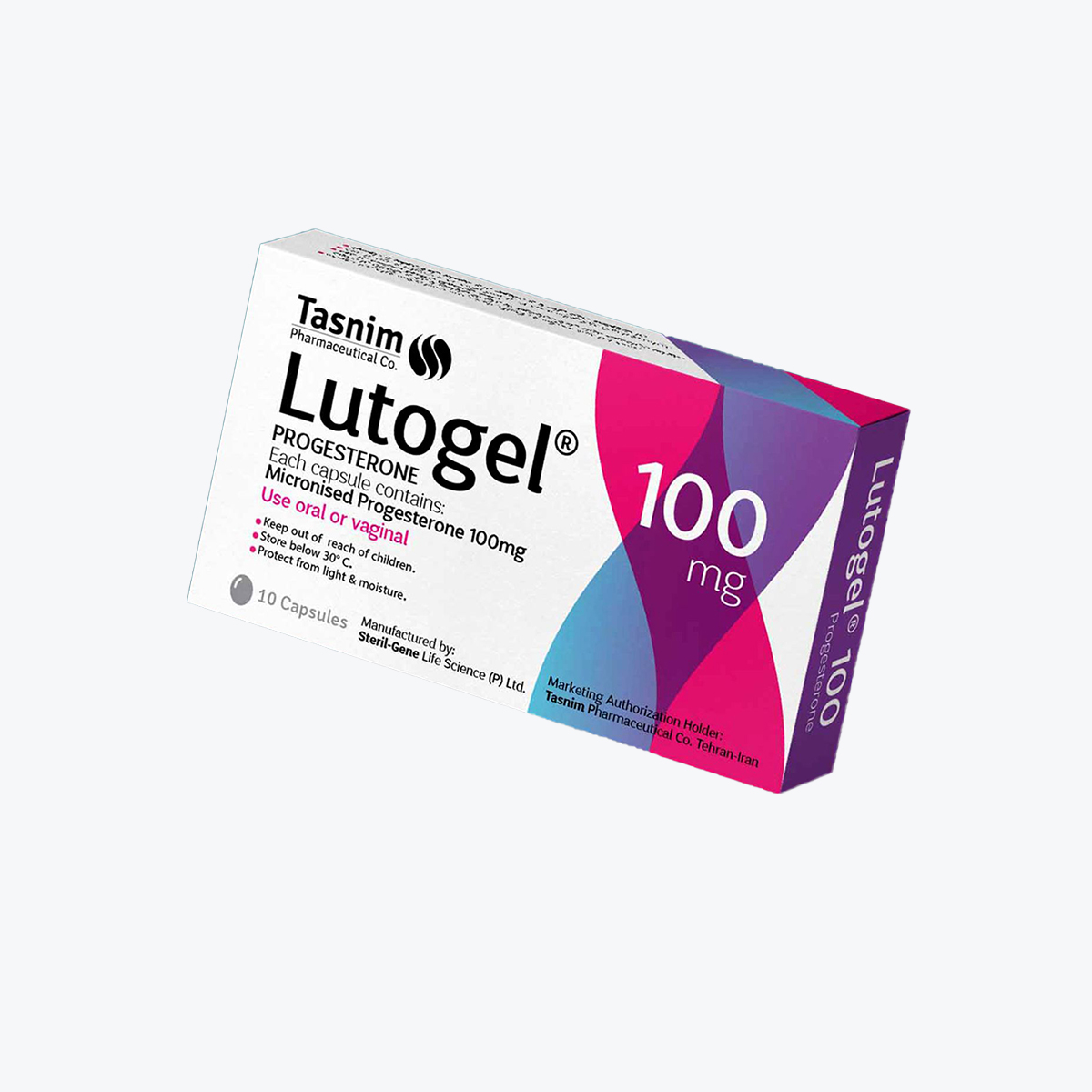
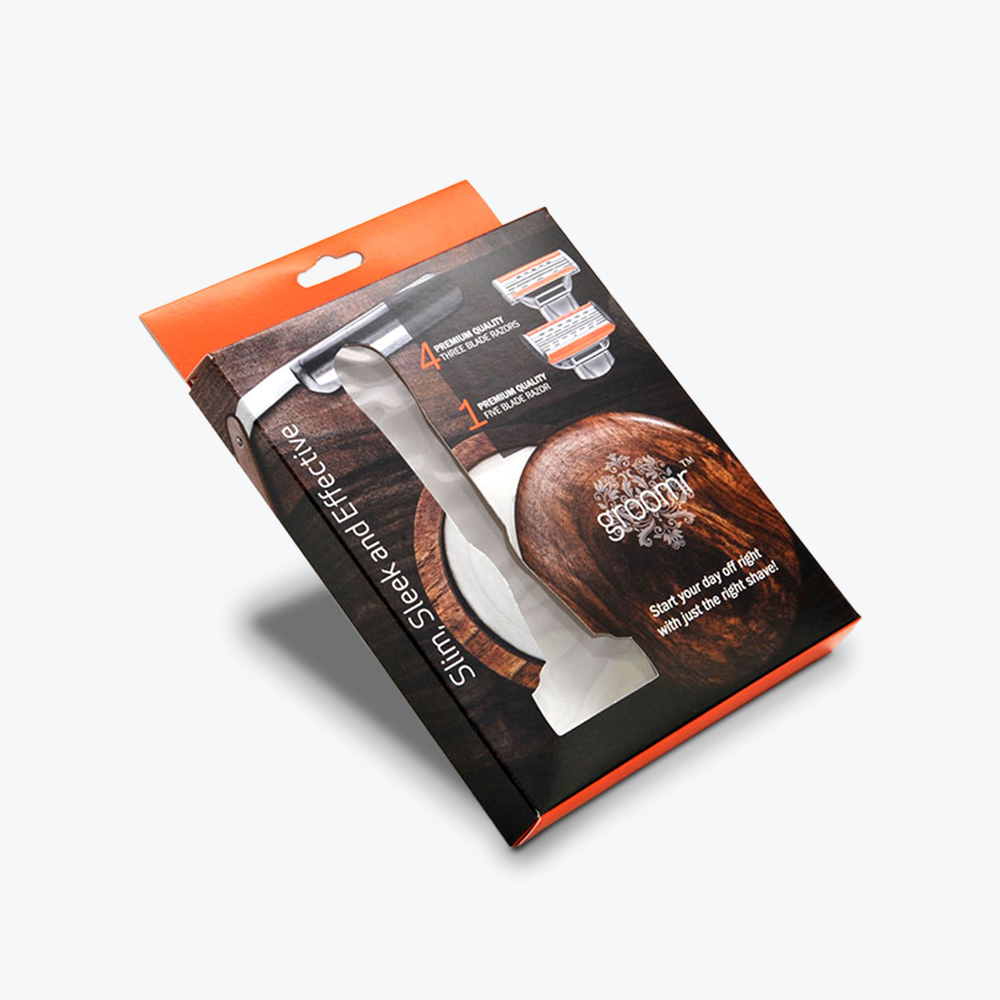
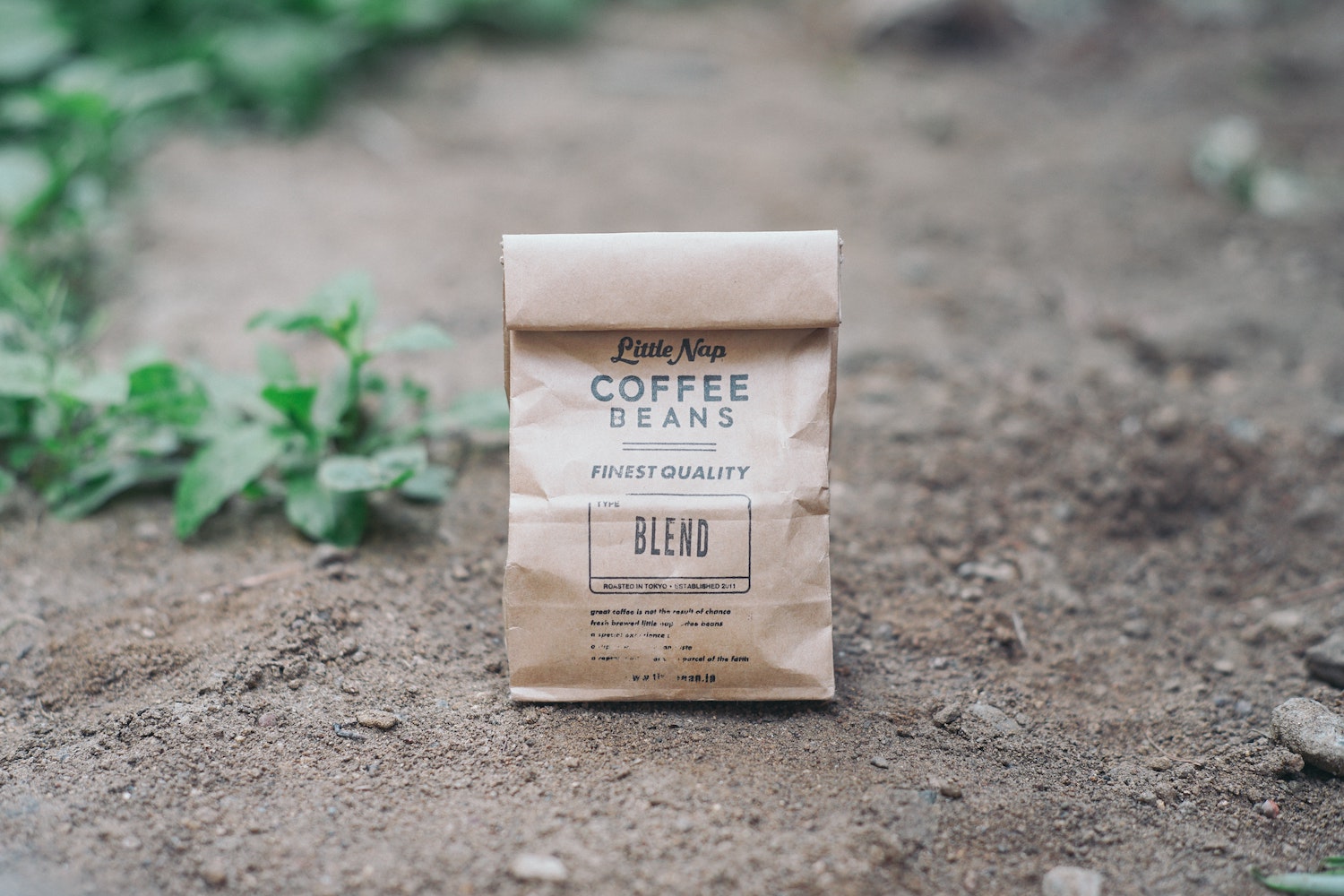
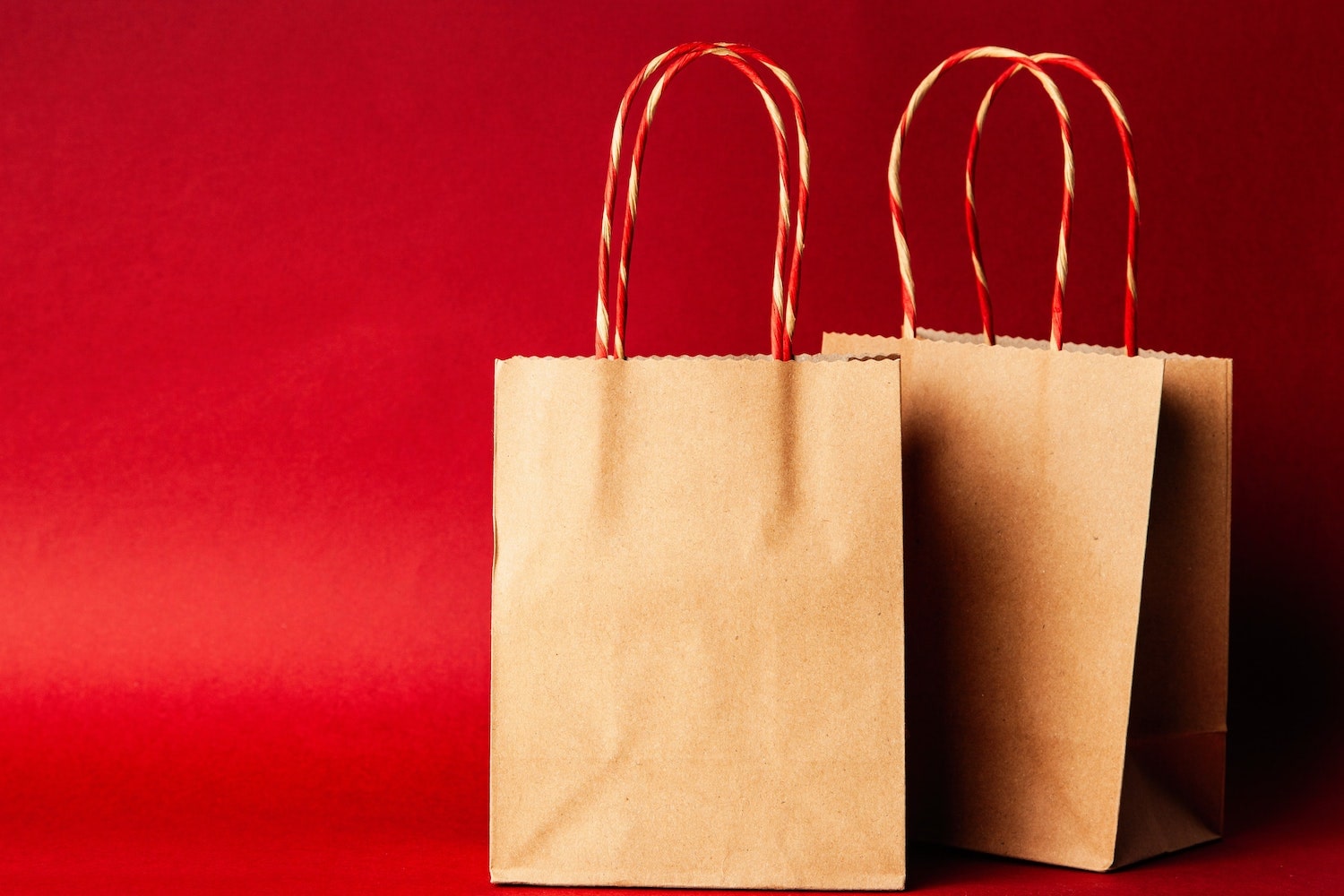

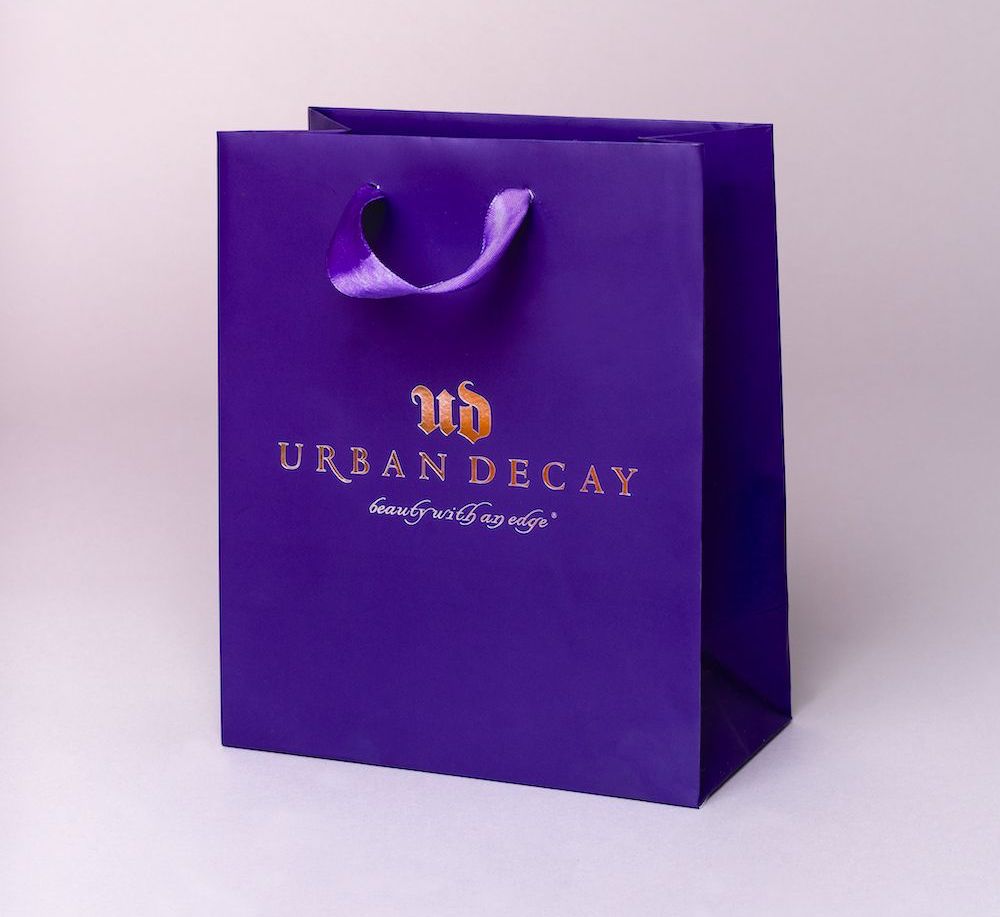
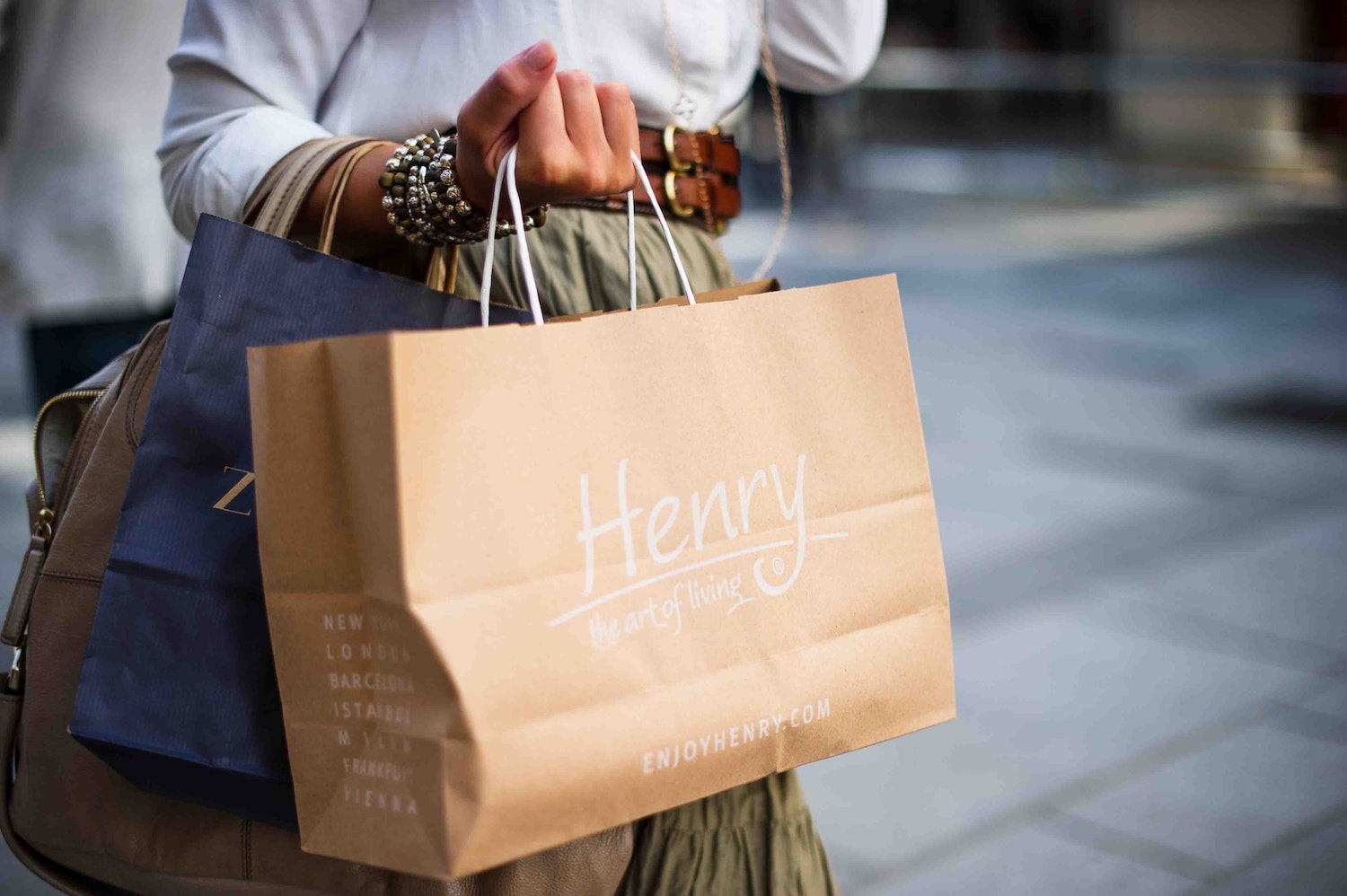
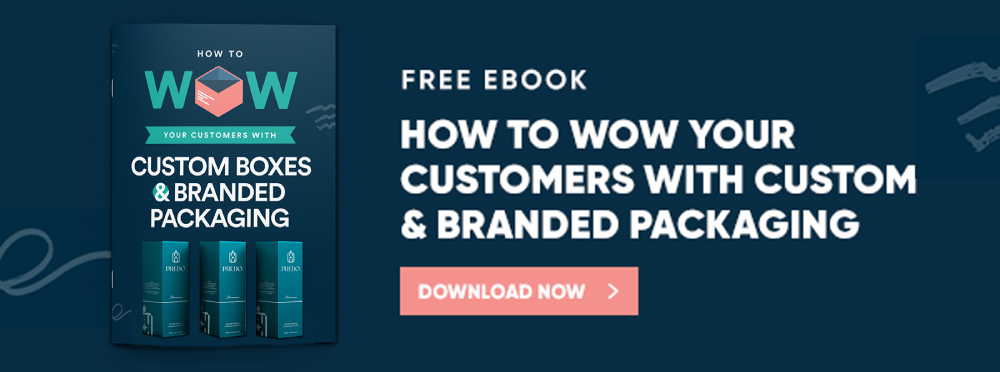


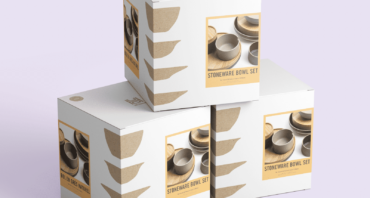
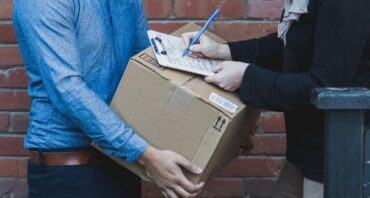
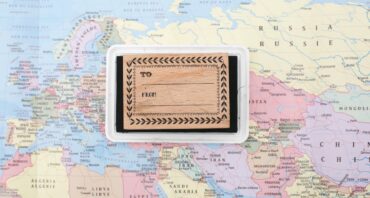
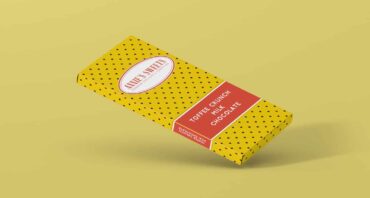
Share